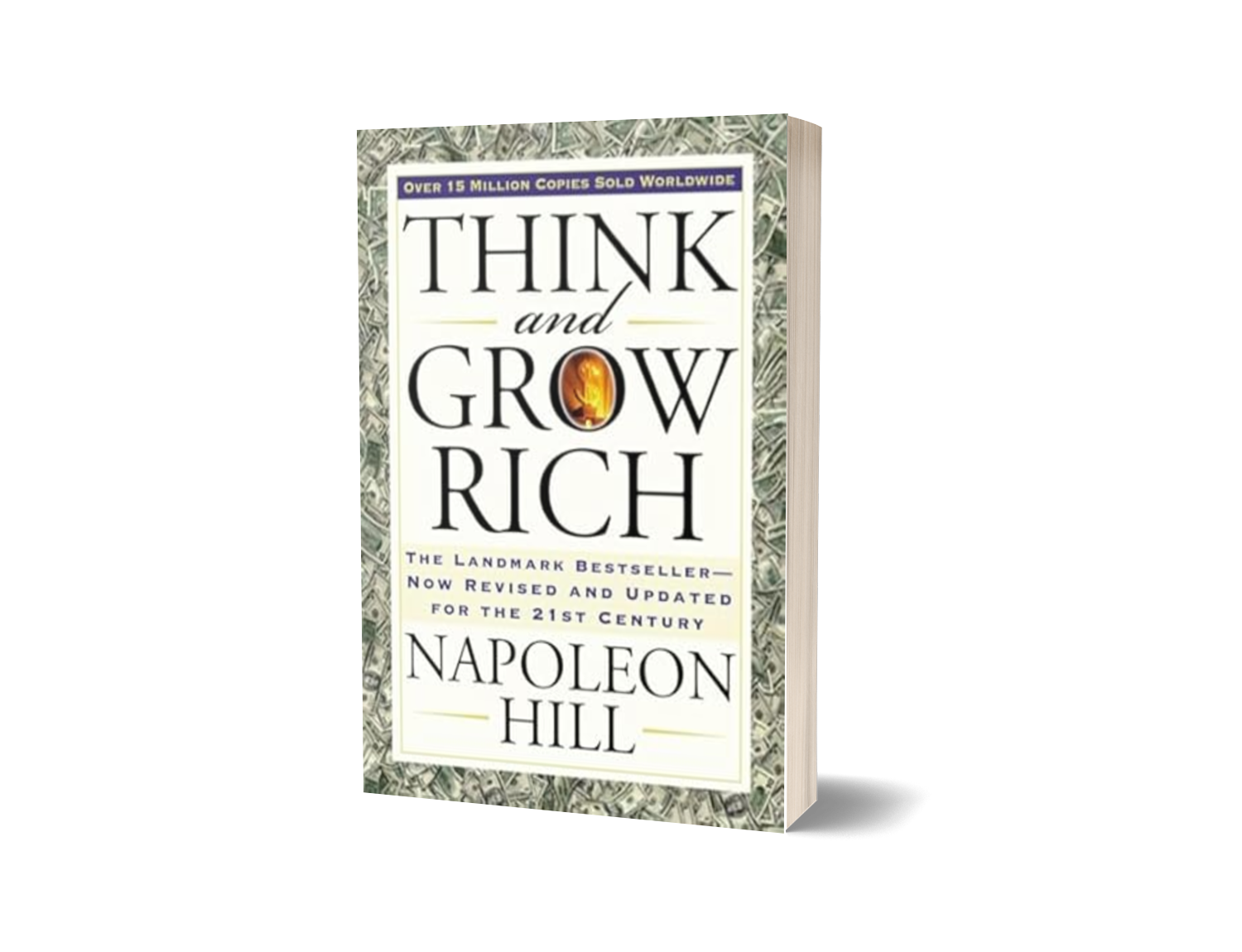
“The only thing that’s keeping you from getting what you want is the story you keep telling yourself.”
— Tony Robbins
LICENSING INFORMATION
Click on your region for more information on how to get a real estate license in your state.
West Coast | California, Oregon, and Washington
Midwest | Illinois, Indiana, Iowa, Kansas, Michigan, Minnesota, Missouri, Nebraska, North Dakota, Ohio, Pennsylvania, South Dakota, and Wisconsin
Mountain | Arizona, Colorado, Idaho, Montana, Nevada, New Mexico, Utah, and Wyoming
South | Alabama, Arkansas, Florida, Georgia, Kentucky, Louisiana, Mississippi, Oklahoma, Tennessee, Texas
East Coast | Connecticut, Delaware, Maine, Massachusetts, Maryland, New Hampshire, New Jersey, New York, North Carolina, Rhode Island, South Carolina, Vermont, Virginia, Washington DC, West Virginia
Pacific | Alaska, Hawaii
HOW REAL ESTATE AGENTS GET PAID
One of the most challenging aspects of building a real estate business is the inconsistent pay. Unlike being an employee, where you are paid every two weeks, real estate agents do not know when they will be paid next because agents are only paid when a sale closes. At the same time, real estate agents do not receive the full commission amount. Each check is split between the agent’s brokerage and the agent, depending on their agreement. Additionally, many brokerages charge extra fees for various services that will be deducted as well. So the amount you see at closing will not be the amount that is deposited into your bank account.
To understand how it works, here is a simple example.
Commission Calculator
Let’s say you bring a $5,000 commission check to your brokerage. The breakdown might look something like this:
Commission Check: $5,000
Transaction Fee: $250 (brokerage fee)
Processing Fee: $200 (brokerage fee)
Total Commission After Brokerage Fees: $4,550
Your Split With the Brokerage: 60%
Your Total Commission: $2,730 (60% of $4,550)
NOTE: Brokerage fees are typically deducted from the total. Then the remaining amount is what your commission will be based on.
Keep in mind that all brokerages charge different fees and offer different commission plans. When interviewing at different brokerages, ensure you fully understand how you will be compensated before signing any agreements.
To help you make the best decision, use the calculator to the right to compare how you will be paid at different brokerages.
WHAT EXPENSES DO REAL ESTATE AGENTS HAVE
The first thing you need to understand is that, as a real estate agent, you are considered an independent contractor (1099) and not an employee (W-2). This means that you will likely have to pay for all of your own expenses, so you need to fully understand what you will be on the hook for.
Expenses are broken down into two categories, fixed and variable. Fixed expenses are typically paid every year, and the dollar amount doesn’t change often, which makes them easy to budget for. Variable expenses tend to be one-offs whose amount can be anything, and are a lot more challenging to budget for.
Below is a list of the basic expenses you should expect to pay as a real estate agent. Keep in mind that these expenses are estimates based on my experience as an agent, as a brokerage owner, and speaking to agents around the country. Before you join any brokerage, make sure you know exactly what you will be required to pay so you can plan accordingly.
Association Dues ~($1,000 - $2,000 per year)
Brokerage Fees
Transaction fees ~($100-$300 paid out of every transaction you do)
Processing fees ~($100-$300 paid out of every transaction you do)
Printing ~($.10/page)
Technology fees ~($50-$100 paid as a monthly fee)
E&O (Errors and Omissions) insurance in case you really mess up a transaction ~($500-$1,000+ paid annually)
Fixed
Marketing ~($100 - $500 per month)
CRM (Contact Relationship Manager) ~($500-$1,000+ a month)
Website ~($15 - $25 per month)
Real estate events (free - $200 per event)
Client gifts ($25-$500 per gift)
Continuing education ($100 - $300 every few years, depending on the state)
Client meals ($100 - $500 per meal)
Postage ~($25 - $100 per mailing)
Variable
Additional business expenses that will depend on what you choose: Cell phone, all car costs (monthly payment/gas/car insurance/car maintenance/washes), computer/tablet, and basic supplies (pens/paper/ink, etc).
These expenses all vary for many reasons, but to help guide you, as a new agent, I would plan to spend around $5,000 - $7,000 a year to cover your business expenses until you can increase any expenses, such as marketing.
One of the benefits of having to pay for all of these expenses is the ability to use them to lower your tax burden come tax time. For example, if you made $100,000 and had $40,000 in write-offs (business expenses), you would only be taxed on the remaining $60,000 and not the full amount. What you will then owe will be based on your tax bracket.
NOTE: I highly suggest you speak to your accountant about what you can and cannot write off, so at tax time, you are not surprised with a larger-than-expected tax bill.
Write-Offs
QUESTIONS TO ASK WHEN INTERVIEWING AT BROKERAGES
Before opening my brokerage, I spent a lot of time studying the competing brokerages in my market, which included every major brand and smaller independent shops. The main theme I noticed was that all brokerages are not created equal. Each offered different education, fees, commission plans, Marketing, tools, and leads. All of which is vital to know about before you agree to join.
Joining a brokerage, especially your first, is one of the most important decisions you’ll make for your business. You must thoroughly research and find one you believe will offer you the best opportunity to succeed. To help you with this, below is a list of questions to ask each brokerage you interview with.
Does the brokerage offer regular training? If so, can you please describe what you offer?
Does the brokerage offer mentorship? If so, will I be assigned a mentor?
What support does the brokerage offer if I need help with something?
Education
What monthly fees does the brokerage charge?
Are there any transaction or processing fees?
How does the brokerage collect its fees? Are they invoiced monthly or taken out of future commission checks?
Fees
What type of commission plans does the brokerage offer?
What percentage does a new agent start at?
What is the top percentage an agent can make?
Commissions
Marketing
Is there a marketing department on-site I can use?
What marketing services does the brokerage offer?
Does the brokerage offer any free marketing? If I am required to pay for marketing, how are the fees paid?
Does the brokerage offer a CRM? If so, what does it cost?
Does the brokerage offer free electronic signature software?
Does the brokerage provide me with an agent website? If so, how much control do I have to customize it?
Tools
Does the brokerage offer leads?
What opportunities does the brokerage offer to generate leads?
If the brokerage offers leads, what is the commission split for them?
Leads
NOTE: Above is just a handful of important questions to ask. The full list is too long to include on a website. If you want the full list, my workbook has a section that has all of them. You can check it out and purchase it by clicking the button below.
FREE DIGITAL DOWNLOADS
Building a real estate business is very challenging. The resources below are designed to help alleviate some of the struggles and frustrations I and so many other agents felt at the start of our careers. Download each one now and start using them immediately to build the business and life of your dreams!
RECOMMENDED PROGRAMS
Throughout my career, I have looked for new technologies to help me become a better and more efficient real estate agent. Below are a few of the tools new agents should consider adding to their business.
Google Drive
Dropbox
Canva.com
DocuSign
In my book, The Education of a Real Estate Agent, I have an entire section dedicated to the tools top agents use to run and grow their businesses! Click the button below to check it out!
RECOMMENDED READINGS
Through my career and my studies, I have read many books that helped shape who I am and are directly related to my success. Below are a few of the most important books a new real estate agent should read.
Unlimited Power | Tony Robbins
The Miracle Morning for Real Estate Agents | Hal Elrod
Atomic Habits | James Clear
Think and Grow Rich | Napoleon Hill
In my book, The Education of a Real Estate Agent, I have an entire section dedicated to the books and newsletters that will separate you from every other Realtor in your market!
Need Help With Your Business?
Click the button below and learn about all of the coaching programs I offer new agents!

“Think of your life as a rainbow arcing across the horizon of this world. You appear, have a chance to blaze in the sky, then you disappear.”
— Steve Jobs













